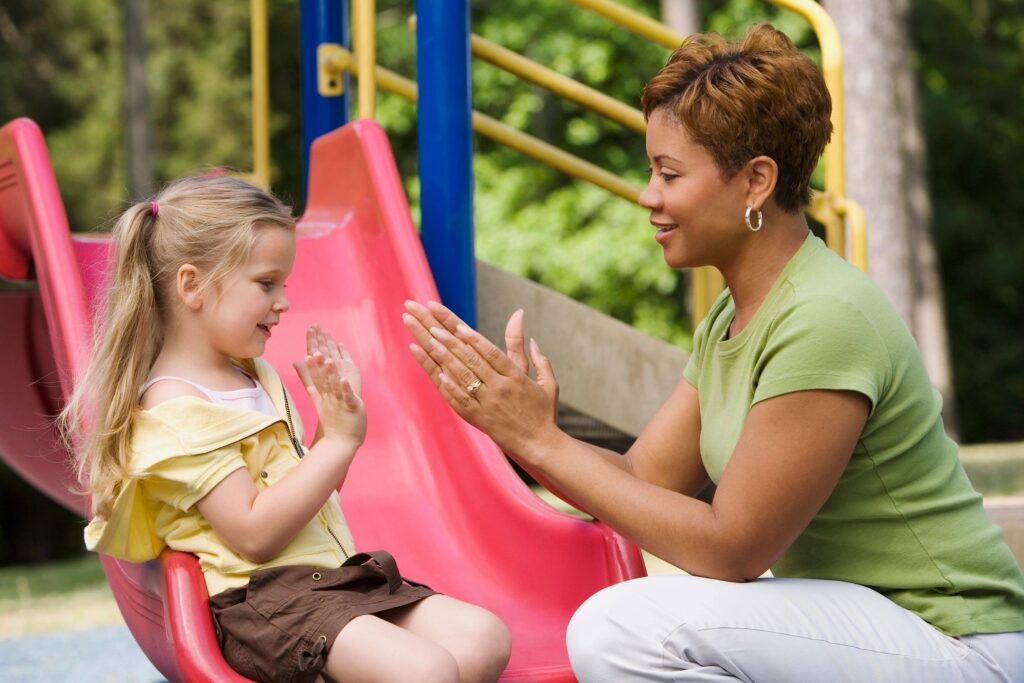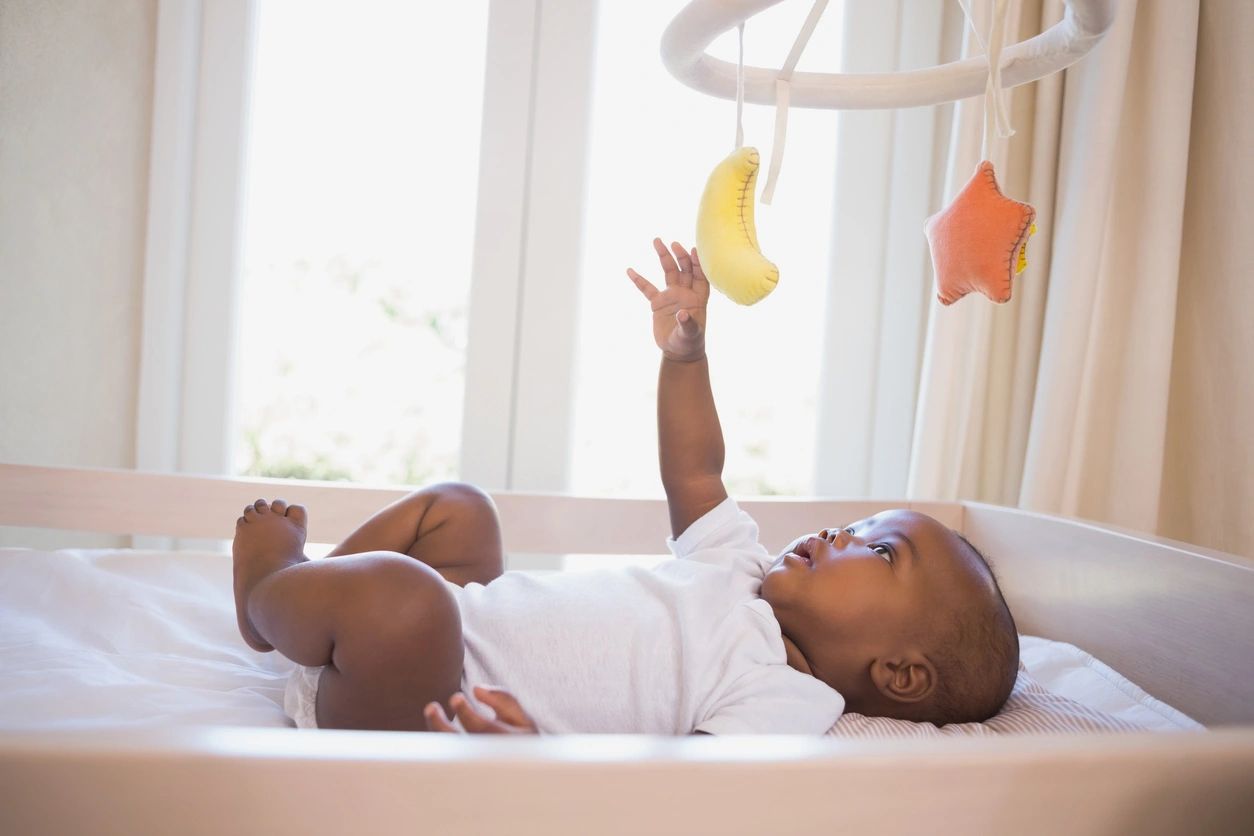If you are reading this, then you know that children learn from the minute they are born, and they develop rapidly and in early childhood. The care given in infancy and early childhood provides the foundation for lifelong success. We often discuss and study the domains of child development separately: social and emotional, physical, and cognitive, knowing that we are talking about a whole child and that all these domains interact and intersect. It is important to remember that early childhood emotional support is an essential prerequisite to the mental and attentional engagement young children need to benefit from learning opportunities (Institute of Medicine and National Research Council. 2015).

💡👶 #LearningThroughPlay #ChildDevelopment
Current research gives us a deeper understanding of how the child’s mind develops with their social interactions.
A child’s natural curiosity activates many of their social experiences. These experiences may be the informal sharing of activities that parents and childcare providers have with children throughout the day. For example, when an infant or toddler indicates they are hungry, the parent or caregiver acknowledges that and may tell the baby they are making something to eat and narrate what they are doing as they prepare the food. Sometimes, the learning may be more structured, such as sorting laundry or blocks by color. In either scenario, the goal of guided participation (Rogoff, 1991) is the same. Responding to the child’s needs.
Another way that emotional support connects to mental development is by understanding a child’s particular temperament and being sensitive to both their verbal and non-verbal cues. The emotional support that educators provide when they develop warm relationships with young children and how they support children exploring on their own or interacting with other children (Thompson, & Lagattuta, 2006) is an essential prerequisite to the cognitive and attentional engagement necessary for young children to benefit from learning opportunities.

🌱📚 #EarlyEducation #BrightFutures
When young children are learning to self-regulate emotions, their frustration or distress can quickly derail cognitive engagement.
This type of distress and frustration can impact their enjoyment of new discoveries, and children can lose focus because their attentional self-regulatory skills are comparably limited (Institute of Medicine and National Research Council. 2015). The emotional support that the educator provides helps the child stay focused and persistent. This support increases the chances that early learning experiences will feel successful for the child. The secure attachments that young children develop with educators enable young children to approach learning opportunities more positively and confidently.
The roots of academic achievement, persistence, curiosity, self-confidence, intrinsic motivation, and self-control start here.
Let’s work on early childhood emotional support together!
Elevate your understanding of early childhood education and child development with my engaging preschool education workshops tailored for both teachers and parents. These workshops provide valuable insights, practical strategies, and effective tools to enhance your role in nurturing young minds. Whether you’re an educator or a parent, these sessions aim to empower you with the knowledge and skills essential for fostering a positive learning environment. Dive deeper into the world of preschool education and child development by exploring my workshop offerings. For more valuable content and updates, follow me on Instagram and connect with me on LinkedIn. #EarlyYearsConsult
#EarlyChildhoodEducation #ChildDevelopment #PreschoolWorkshops #EducatorServices #ParentingTips #LearnAndGrow

